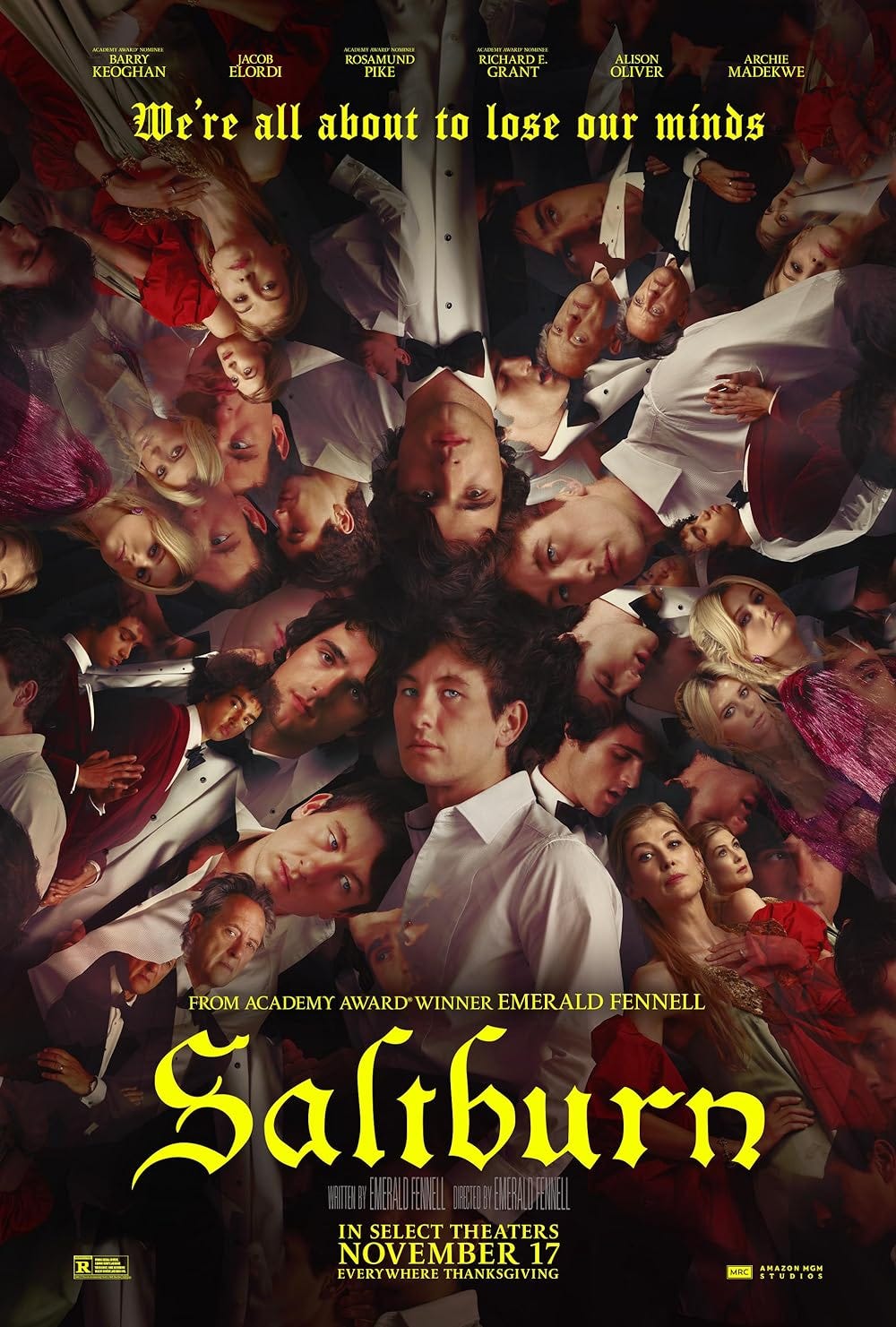Issue 44 ☞ Can we please leave Taylor Swift alone?
And -TikTok's Silent Walking Trend: A Digital Detox for Mind and Body
Elevated News
Can we please leave Taylor Swift alone?
After thousands of news pieces about Taylor Swift’s relationships with men, the media has finally begun to explore alternative possibilities. In a lengthy and controversial New York Times op-ed, published last week, staff editor Anna Marks speculated as to whether Taylor Swift, who is in a well-documented relationship with the American football player Travis Kelce, is, in fact, a closeted queer person. “I must say, as loudly as I can, ‘I can see you’,” Marks wrote, referring to several Swift actions through which Marks perceived the singer to be dropping signals relating to her sexuality. “Even if I risk foolishness for doing so.”
Marks and her publisher, one of the biggest news organisations in the world, were roundly and rightly criticised soon after the piece dropped, not least by other members of the media keen for a scalp. Swift has said on record that she is a straight ally of the LGBTQ+ community. What more can she do to allay gossip on the subject? Associates of the singer responded harshly. “There seems to be no boundary some journalists won’t cross when writing about Taylor, regardless of how invasive, untrue, and inappropriate it is,” a person close to the story is reported to have told CNN. “This article wouldn’t have been allowed to be written about Shawn Mendes or any male artist whose sexuality has been questioned by fans.”
What can we learn from the controversy? The New York Times, a newspaper of record and massive influence, is not above clickbait, for one. And sometimes it just gets things a bit wrong. In the level of distress it inflicts, Marks’ piece is no different to the gossip produced about Swift’s heterosexual relationships. What boundary won’t the media cross? And what can we – as readers – do about that?
Elevated News
TikTok's Silent Walking Trend: A Digital Detox for Mind and Body
In a world buzzing with digital distractions, the TikTok influencer Mady Maio birthed a wellness trend recently: the silent walk. Maio’s nutritionist had advised her to take a 30-minute walk each day, “instead of doing insane cardio like I used to”. On TikTok, Maio spoke about reaching a “flow state” after just a few minutes. “The universe and your intuition comes to you through whispers,” she told 50k followers. “You’re going to miss the whispers” if you’re never really alone with your own thoughts.
Nobody in their right mind could criticise the trend. Walking is healthy. Research has shown it leads to a longer life and improved mental health. As the New York Times reported, a 2020 study in The Journal of Environmental Psychology found that “a 30-minute walk in an urban park reduced the amount of time people dwelled on negative thoughts.” It’s also been shown to improve creativity and help fend off depression. ’Silent walking’, where walkers switch off from digital distraction, including podcasts and streamed music, is even healthier.
Still, reproval of the trend has come. “Gen Z thinks it just invented walking,” one of Maio's critics said. Arielle Lorre, a 38-year-old content creator who also advocates the silent walk, told the New York Times: “Fifteen or 20 years ago, this would not have even been a conversation” – it would just be natural for us to walk without a phone. This is the power of TikTok as a trend vehicle: a seemingly simple activity – walking, in silence – can suddenly become a major event, covered at length by the New York Times. This is a good thing when the trend is good and genuine. But what happens when it's not?
Certified Recs
What to watch, drink and see this week
What to watch
Two top-tier film and television projects dominated discussion around the christmas break: Saltburn, directed by Emerald Fennell and starring weird king Barry Keoghan; and major manga series Blue Eye Samurai, which is beautiful and full of lusty revenge. We rec both.
What to drink
Swift Borough serves explendid cocktails and seasonal food. Check the menu and book your table here.
What to see
YOKO ONO: MUSIC OF THE MIND. In February 2024, Tate Modern will present the UK’s largest exhibition celebrating the ground-breaking and influential work of the artist and activist.





